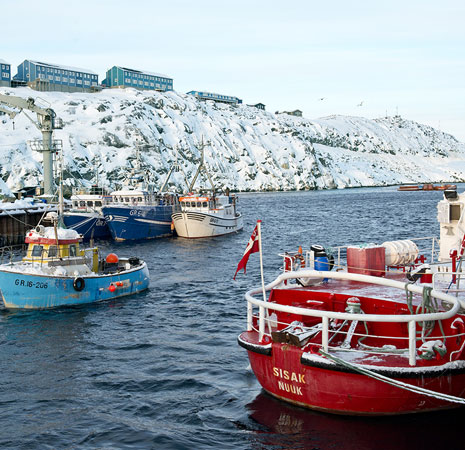
Arctic Cooperation Programme

The project aims to increase understanding and develop of reliable informational resources of fishing activity in the Arctic and nearby Arctic areas. The project works towards informing gear identification as part of monitoring or removal.
While there is specific or localized knowledge on types of gear or practices in use by the practitioners of the fisheries, there is not a broad scale understanding commonalities or differences across countries or fisheries. By creating a map of active fishing areas and the gear that is used there, this project contributes to reduction of marine pollution.
PLANET ALDFG accounts for over 10 % of marine debris floating in out oceans. The project therefore contributes to a prevention and significantly reduction of marine pollution.
PARTNERSHIPS The project cooperates with various international partners, such as FAO, which is an unspecialized agency of food and agriculture.
The project period runs from April 1st, 2022, till June 1st, 2023.
For more information about the project contact NAPA – The Nordic Institute in Greenland on napa@napa.gl.
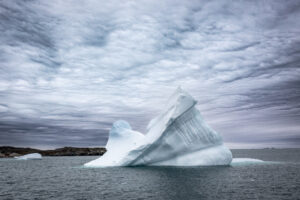
Every year, the Nordic Council of Ministers distributes DKK 7.3 million. DKK for projects in the Nordic Arctic Co-operation Programme. The focus is that the projects must promote a sustainable Arctic. The application round for 2024 is now open. It is possible to apply until
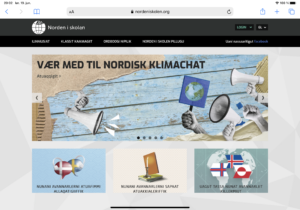
West Nordic Day 2021 will be held on Thursday September 23 in Greenland, The Faroe Islands and Iceland to strengthen and put into focus the cultural collaboration between these 3 West Nordic countries.In Nuuk NAPA has organised to separate and fascinating events in Katuaq. The
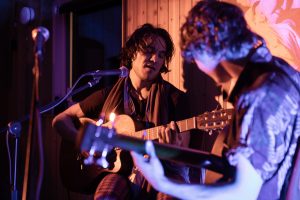
Arctic Sounds is an annual music festival in Sisimiut showcasing artists from Greenland, the Nordic countries, the Arctic and other parts of the world. The festival week is filled with music, events, workshops and other activities – including NAPA’s own event – in Sisimiut and its breathtaking
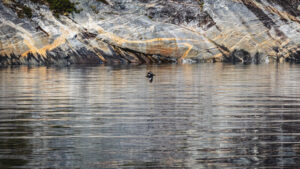
On 1 December, the application round for the Nordic Council of Ministers’ Arctic Cooperation Programme opened. On January 13, NAPA will hold a webinar on the Programme. This year’s big application round for the Nordic Arctic Cooperation Programme is now open. Both new and recurring